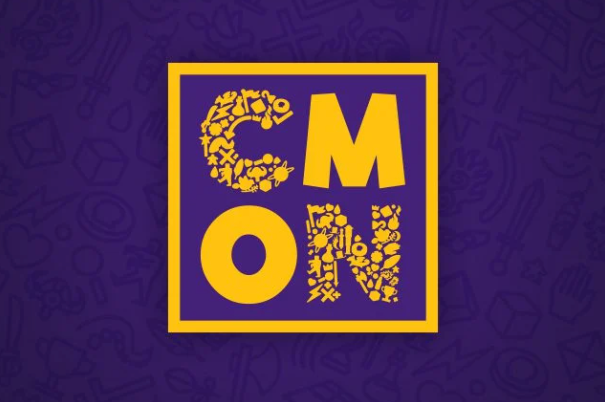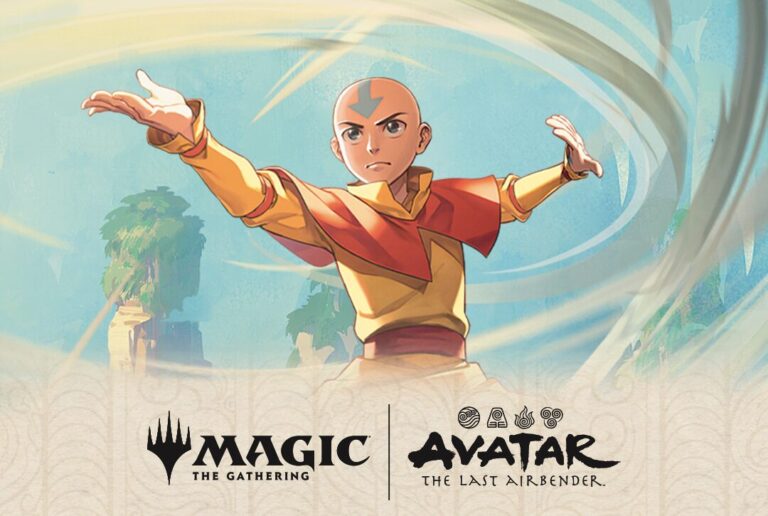
App-assisted, real-time board game Dot Com wins this year’s Cardboard Edison Award, which celebrates the best in unpublished designs
Dot Com, an economic strategy game which uses an app to run players’ money supplies down in real time, has been crowned the winner of this year’s Cardboard Edison Award for unpublished board game designs.
The game, designed by former Ravensburger game development intern Sammy Salkind, puts players in the shoes of startup founders battling to build their internet startups during the dot-com bubble of the late 1990s.
Cardboard Edison’s judges praised Dot Com for being “deeply thematic” and “replicating the hectic vibe of a startup”, with the app providing a chess clock-style system that runs down a player’s money in real time until they pass the turn to their opponent.
The game took first place out of a record 348 entries this year – a roughly 40% increase in just two years, and up slightly on last year’s total of 339. Designers competing this year hailed from 27 different countries, Cardboard Edison said.
Dot Com is the first app-assisted game to win the Cardboard Edison Award since the competition was launched by Suzanne Zinsli in 2016.
Suzanne and Chris Zinsli, who founded Cardboard Edison as a board game design studio and hub back in 2012, told BoardGameWire, “Dot Com is just a really great game! From the beginning of our finalist judging events, it was one that judges discussed excitedly as a top contender.
” There are a lot of things that made it stand out, but the points that got brought up by judges the most are probably, first, how stressful – in a good way! – the frantic, real-time decision-making is, and second, how that experience does such a great job of mimicking dot-com-era startup culture, with a bit of satire to elevate it that extra bit. It’s a great mix of theme and mechanics.
“…beyond the design of the game itself, the designer of Dot Com did everything right with their submission to give it its best possible chances during finalist judging.
“The prototype was clear and usable, and the rulebook was straightforward and well-organized. Like we always tell designers: you don’t need a super-fancy prototype for a contest like this, just one that’s clean and easy to understand.”
Salkind’s other previous designs include Spy Moles, a roll-and-write in which players use invisible ink pens to mark their sheets, forcing them to remember what they’ve done until the moves are revealed using a blacklight at the end of the game.
Second place in this year’s Cardboard Edison Award went to Babble, a strategic word-building game designed by Jonah Kagan, while third place was taken by Jeff Grisenthwaite and Eliot Michaels’ cooperative Bonsai-growing game Branching Out.
Time to Line, a slot-machine-designing game by Adam Zwain, took fourth place, while Jay Bell’s light strategy dice-tossing game Pip It came fifth.

Suzanne and Chris Zinsli told BoardGameWire, “For this year’s finalists, there are a ton that could get publishers’ interest.
“We don’t normally name a ‘top five’ like we did this year, but when we crunched the numbers, we saw how very small the gap was between their final scores.
“It was probably the closest race in the award’s ten years to date! But even beyond those, there are several other games that didn’t make the top five but were still certain judges’ personal favorites.
“So we wouldn’t be surprised to see several others finding a publisher and an enthusiastic audience of gamers.”
Previous Cardboard Edison Award winners have included Octopus Scramble, which was signed up by Sit Down!, Winter, which has been published by Devir, and Umbra Via, which has been published by Pandasaurus Games.
The 2023 winner Diatoms, in which players take on the role of Victorian naturalists growing microscopic mosaics from algae, went on to raise more than $63,000 from over 1,400 backers in a Kickstarter campaign.

The game, designed by Sabrina Culyba, is now published in retail by 25th Century Games and her own company Ludoliminal.
Cardboard Edison revealed last December that it was changing the judging process for this year’s competition after a backlash over last year’s colonisation-themed winner.
Suzanne and Chris Zinsli said it “became clear there was a blind spot in our judging process” after the response to the prize being given to Crowded Frontier, which was themed around the rush to colonise the American West.
They said they hoped the changes would “catch potentially harmful aspects of games’ themes and notify designers about it—without discouraging them from responsibly tackling a tough theme, if that’s their goal”.
Those changes include asking its existing judges to suggest additional people to broaden the judging pool, with the aim of bringing in a wider range of perspectives – as well as updating the guidance given to judges so they know to be mindful of potential theming issues when reviewing games for the award.
Crowded Frontier designer Myles Wallace issued an apology several days after winning the award last May, saying he was “in no way” seeking to glorify America’s westward expansion at the expense of indigenous people, who despite the theming are not represented at all in the design.
Wallace told BoardGameWire in January this year that he had made theme change a requirement as part of his contract negotiations for signing the game, which he said at the time was at the pre-contract stage with a couple of publishers.






